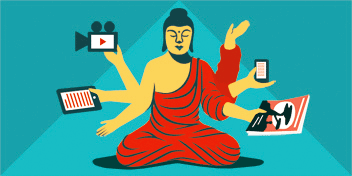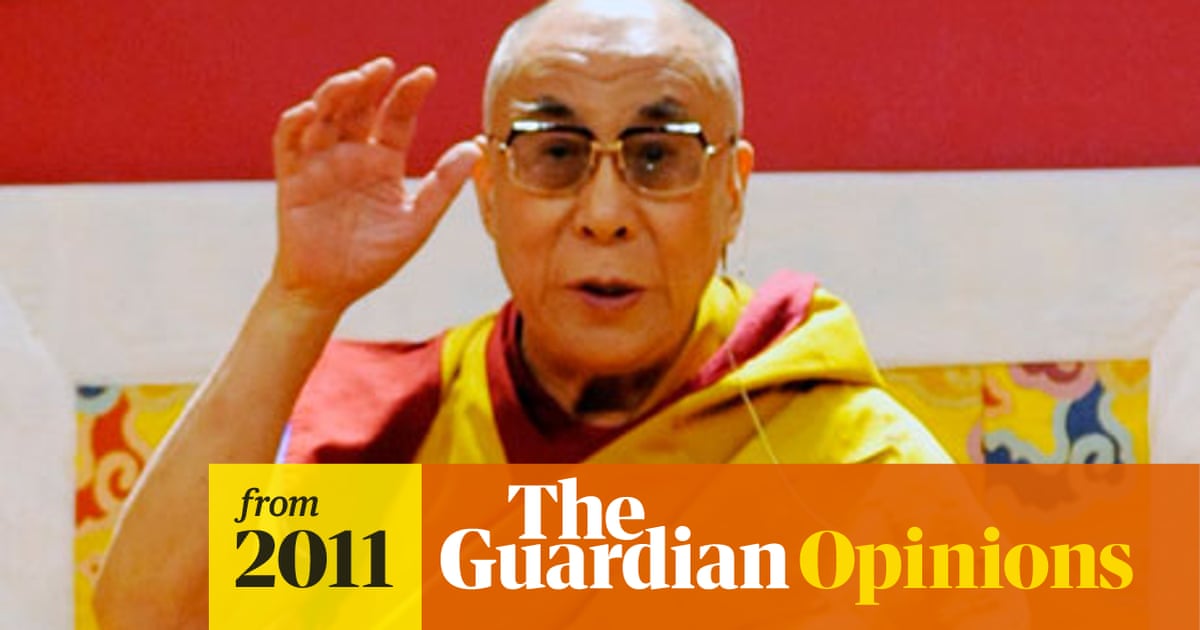I was wondering what perspectives other people had on the Buddhist concept of Non-Violence (ie: how they apply the idea to different circumstances)?
For example, does this equate to pacifism in times or war (eg: in cases of self defence or prevention of genocide)?
I can think of other examples where a 'violent act' may be the more compassionate one (eg: putting a suffering animal to sleep).
Relating the idea into the context of my own life, I practice a somewhat hands on and physical martial art (Brazilian Jiu-Jitsu) that some people may look on as violent. Analysing my own reasons for taking the sport up, it would seem that intention (in terms of Non-Violence) is just as important as the act itself. There are some people who seem to come with the determination to submit people no matter what the cost (ie: violent intention), whilst there are others who attend with the idea of helping themselves and others improve.
What do other people think?
Gassho,
Simon.
For example, does this equate to pacifism in times or war (eg: in cases of self defence or prevention of genocide)?
I can think of other examples where a 'violent act' may be the more compassionate one (eg: putting a suffering animal to sleep).
Relating the idea into the context of my own life, I practice a somewhat hands on and physical martial art (Brazilian Jiu-Jitsu) that some people may look on as violent. Analysing my own reasons for taking the sport up, it would seem that intention (in terms of Non-Violence) is just as important as the act itself. There are some people who seem to come with the determination to submit people no matter what the cost (ie: violent intention), whilst there are others who attend with the idea of helping themselves and others improve.
What do other people think?
Gassho,
Simon.










Comment